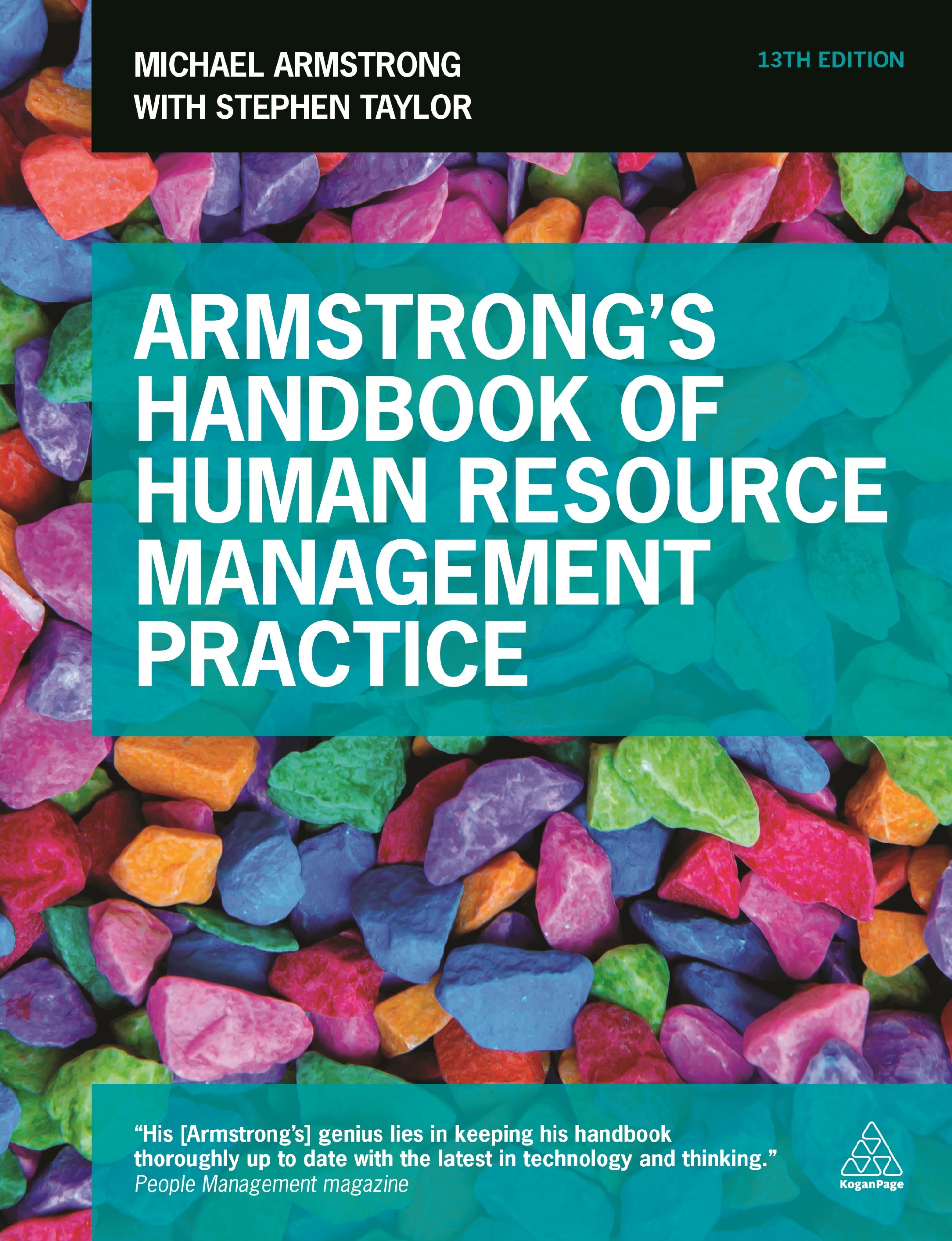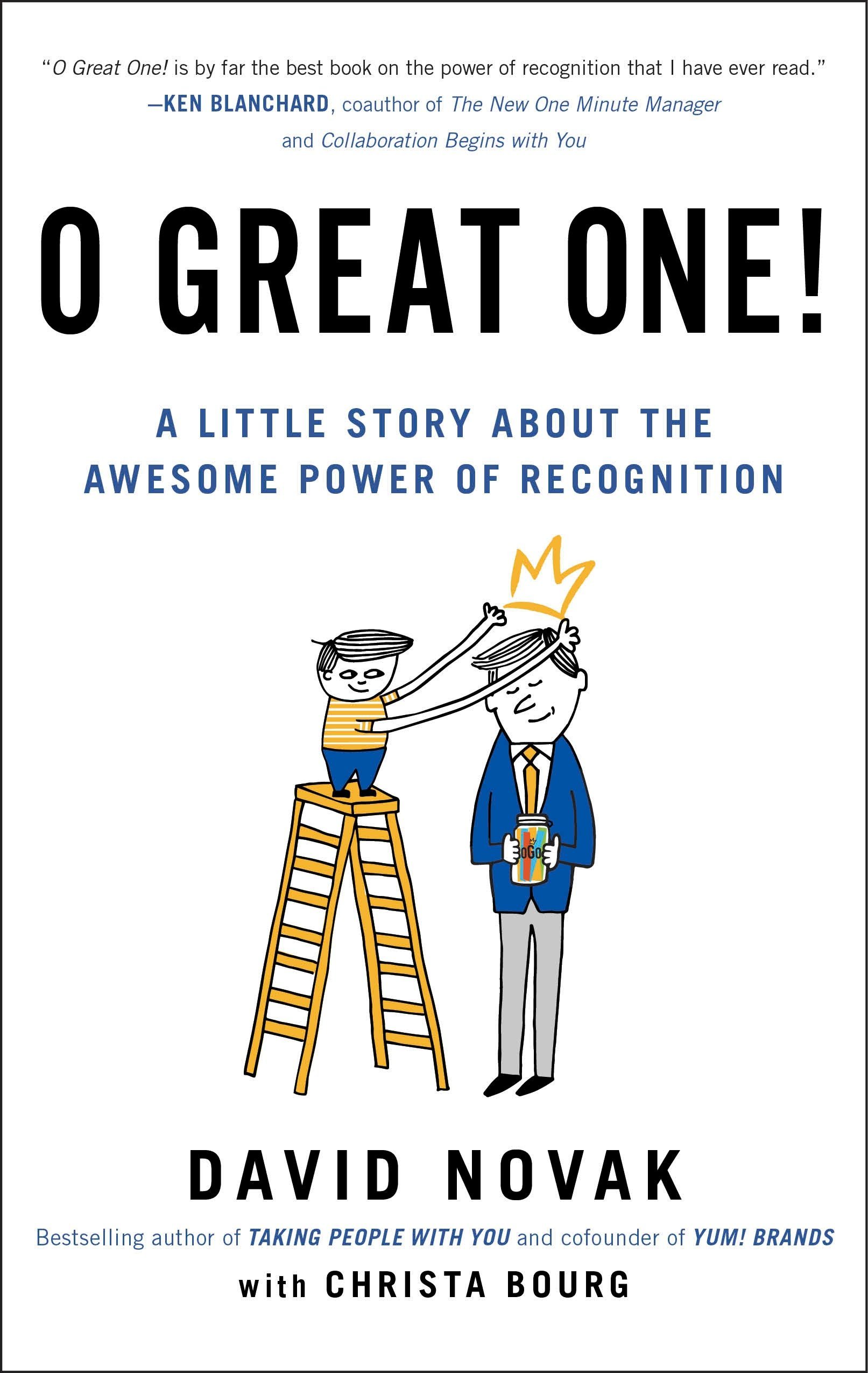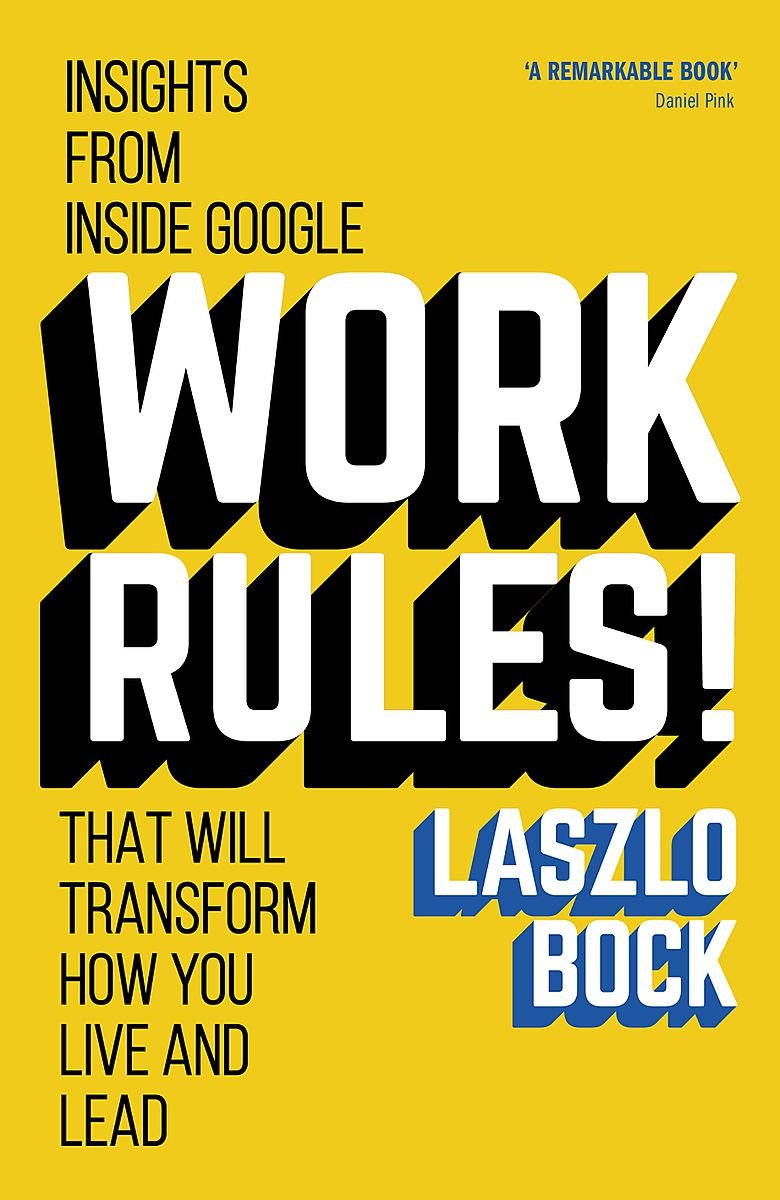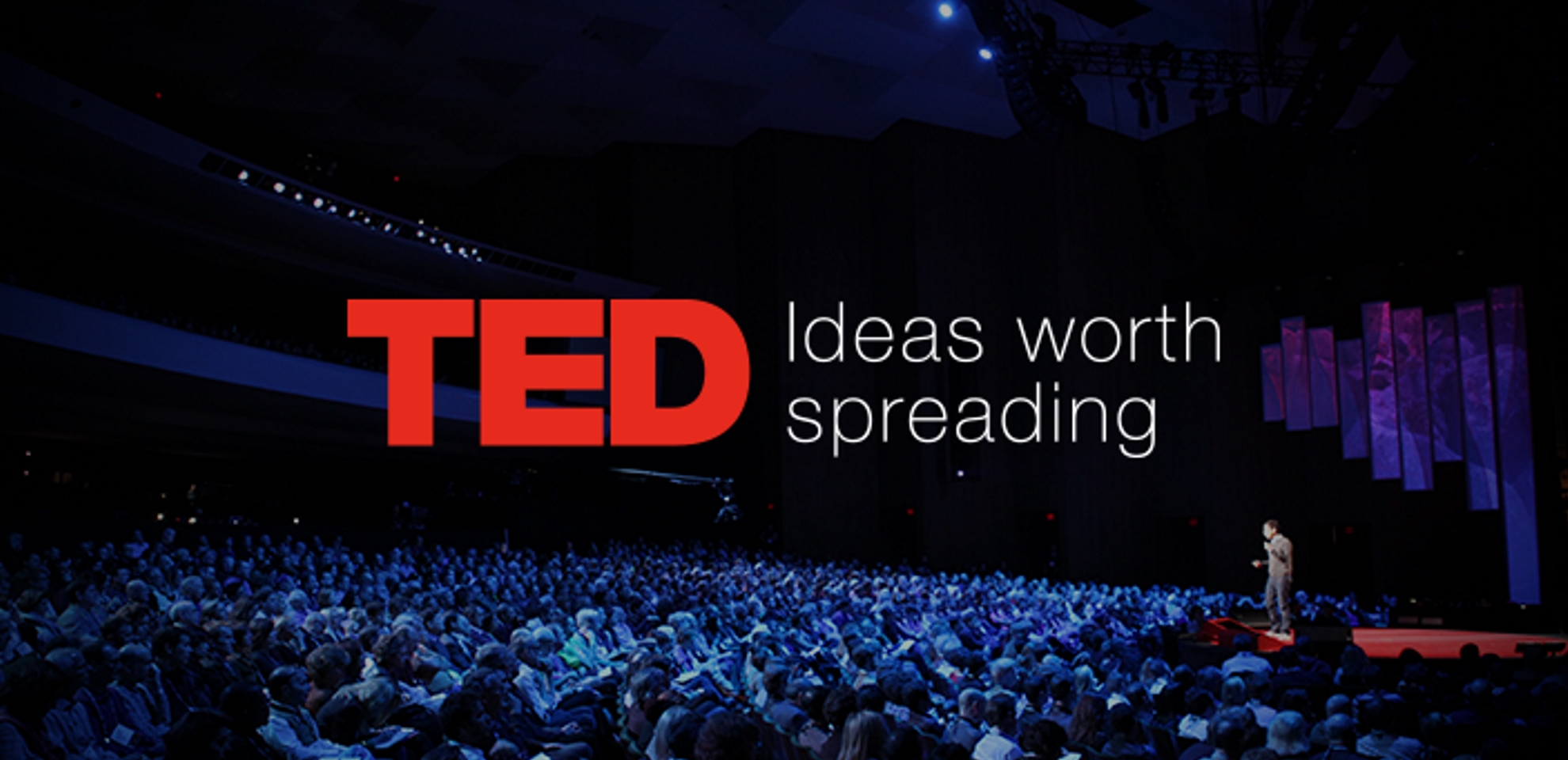Providing Recognition
- Show appreciation - say thank you
- Provide recognition for a job well done
- Give & share the same opportunities to everyone
- Recognise in public and constructive feedback in private



Armstrong's Handbook of Reward Management Practice is the definitive guide to understanding, developing and implementing effective reward. It is closely aligned to the CIPD's standard in reward management and is supported by online resources for both lecturers and students. Updated to reflect the practical implications of the most recent research and discussion on reward management, this new fifth edition includes a new chapter on computerized reward management, completely updated chapters on job evaluation, pay structures, merit pay and executive pay, and new case studies.

Rather than explain the power of recognition in a typical business book, acclaimed CEO David Novak wrote a fun story that draws on his real-world experiences at Pepsi and Yum! Brands, as well as his personal life.

"We spend more time working than doing anything else in life. It's not right that the experience of work should be so demotivating and dehumanizing." So says Laszlo Bock, former head of People Operations at Google, the company that transformed how the world interacts with knowledge. WORK RULES! shows how to strike a balance between creativity and structure, leading to success you can measure in quality of life as well as market share. Read it to build a better company from within rather than from above; read it to reawaken your joy in what you do.

It doesn't take a rocket scientist to figure out that employees like being recognized for their efforts at work. Despite that, fewer than 33% of employees feel as though they’re valued at their jobs, according to our research. When employees feel expendable, they're not exactly motivated to work as hard as they can. Luckily, there's a simple fix: doubling down on employee recognition efforts. If you need more convincing, here are 15 TED Talks that highlight the importance of employee recognition and what managers can do to make their staffs more productive.